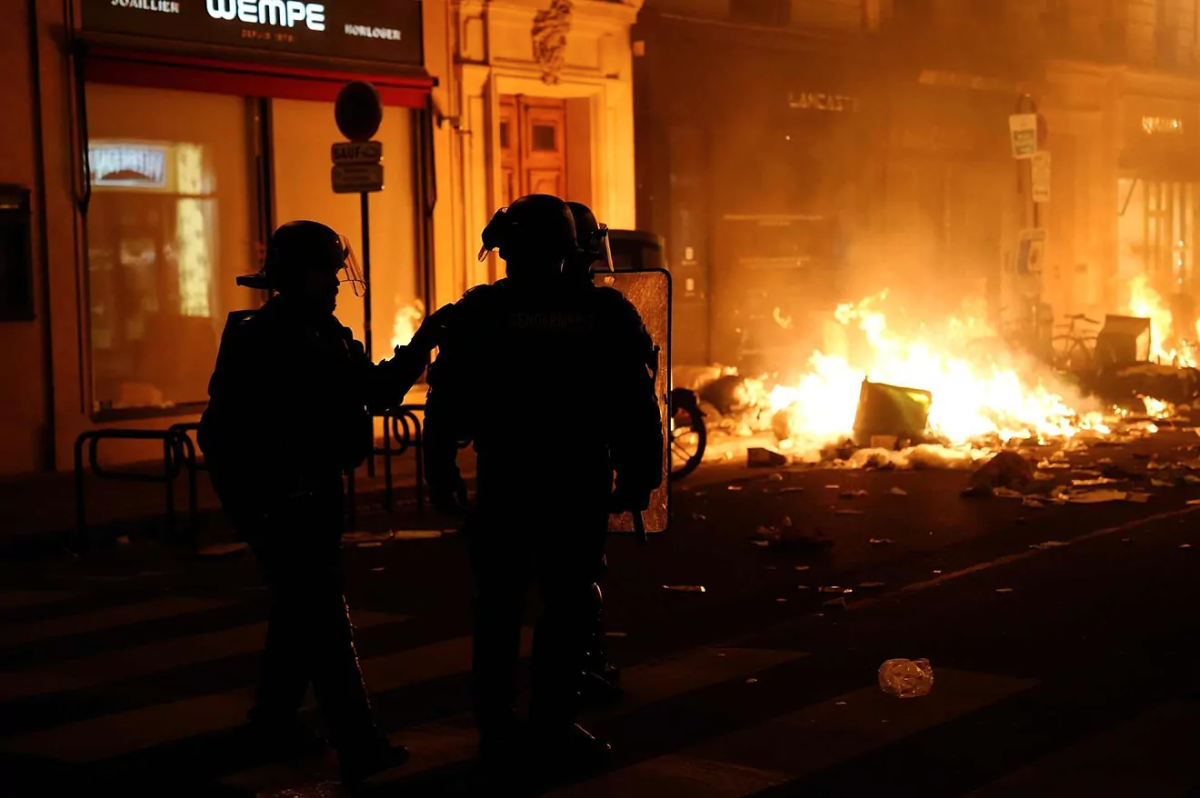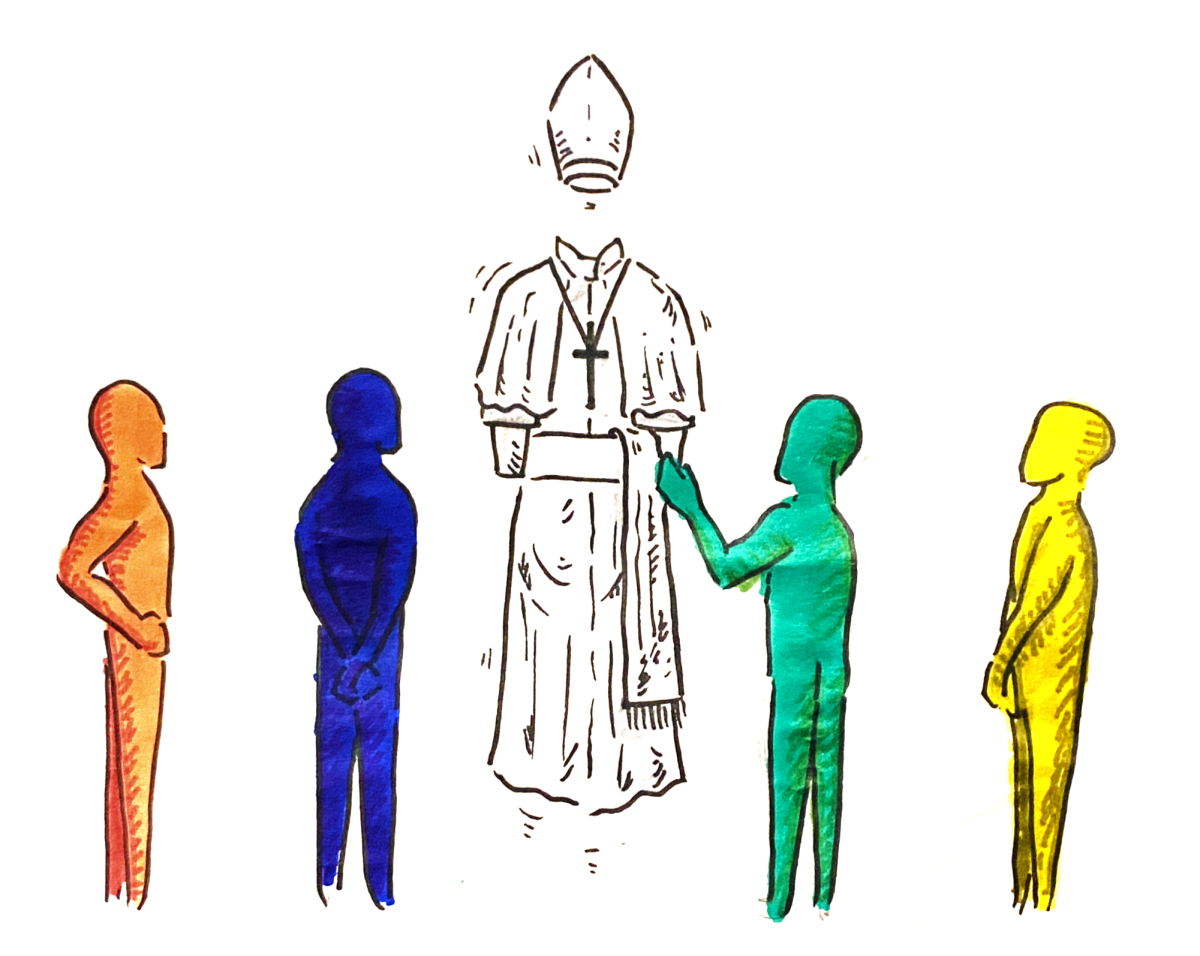President Emanuel Macron is no stranger to controversy. However, his recent decision to raise the French retirement age from 62 to 64 has been one of the most controversial actions of his political career. On March 16, Macron publicly announced the new policy, sparking anger and riots across France.
Currently, one-fourth of the population of France is over the age of 60. Le Monde reports that that percentage is projected to increase to one-third by 2040. At this rate, there wil not be enough working people to pay the pensions for those who are retired in the near future.
This matter has put pressure on the government to either cut pension benefits or raise the retirement age. Macron chose the latter option, raising the French retirement age, which was previously below the average for European countries.
However, this reform was enacted in a controversial way, by using a part of the French Constitution called Article 49.3. Article 49.3 allows the president to propose a law without a vote from the French Parliament. If opposition lawmakers do not successfully file a no-confidence motion within 24 hours, the law goes into effect.
There’s a reason why this is not the status quo method for producing legislation – it disrupts the balance of power in the French government and feels authoritarian to the French people.
Two Hotchkiss students studying in France with the School Year Abroad program have shared what it’s been like to live and go to school so close to the protests.
Rebekah Oppenheimer ’24 said, “At least one strike has been happening every week. Buses have stopped running, because all of the bus drivers went on strike, which has caused issues in a city that relies very heavily on public transportation. The local high schools have been shut down because of teacher strikes across the city, and there are a ton of protesters. Sometimes the marches are peaceful, with signs and chants, but sometimes they get violent. Another big problem is that the trash workers sometimes go on strike, so people set fire to the trash that is just left out. The police have responded with tear gas and hoses in an effort to get people to disperse.”
According to Tessa Hanecak ’24, the protests are announced in advance, so citizens can prepare for the disruptions. She said, “On days that are planned protests, they keep us in class.”
However, students have still had trouble avoiding them completely. Hanecak continued, “There was [a riot] a couple of weeks ago, so when we came up from the metro it was all blocked off by policemen with riot shields and helmets. We could smell the fire and the tear gas.”
Both Oppenheimer and Hanecak explained that the riots are more to protest the use of presidential power and not the change to the retirement age itself.
Oppenheimer said that she thinks it is reasonable to raise the retirement age by two years to avoid the economic problems caused by the low birth rates. However, she says she is “against using [Article 49.3] unless it is really an extreme measure.” She thinks that “this does not qualify as one. [The French] are fighting to keep their democracy.”
However, if President Macron had not used article 49.3 to enact this law, but instead had followed the regular process, it would have taken months for the law to be approved. By then, the economic hole that France is in would only be deeper.
Article 49.3 is in the French constitution for a reason – sometimes necessary change will not be popular with the majority of the country or needs to be made more quickly than the regular law-making process allows for. Macron knows this, which was why he proceeded the way he did.
The question now is whether the law will stand, since the French government has repleed laws that have been met with mass protests.
The law has passed the time limit required for a no-confidence vote. Now it must survive examination by France’s Constitutional Council, the country’s highest court.







